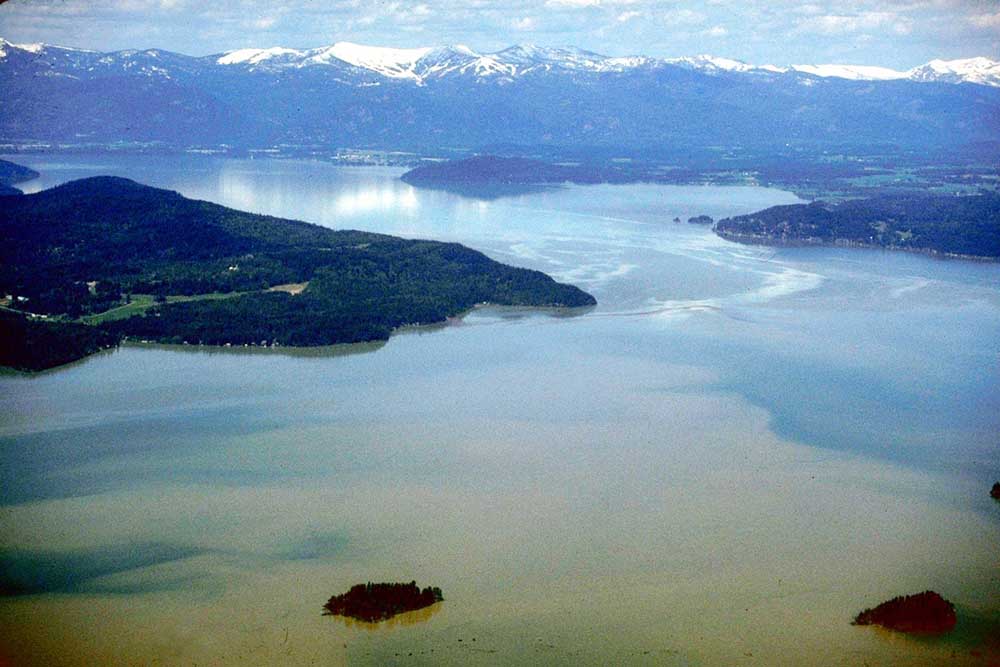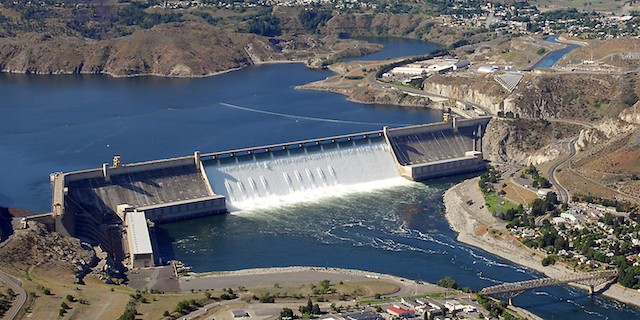Idaho plans water-right adjudication in Clark Fork, Pend Oreille basins
Published 8:15 am Friday, October 30, 2020

- Lake Pend Oreille and the Pend Oreille River in northern Idaho are part of a water-right adjudication.
Idaho officials have petitioned in court to start a water-right adjudication for the Clark Fork-Pend Oreille river basins in the northern panhandle.
Trending
The district court scheduled a Jan. 21 hearing to determine if it will issue a commencement order.
An adjudication allows older undocumented water rights to be documented, reaffirms permits and licenses, removes unused rights from records, and helps the state and residents manage the water, according to the Idaho Department of Water Resources.
The Clark Fork River enters Idaho from Montana and flows into Lake Pend Oreille, the state’s largest freshwater lake. The Pend Oreille River flows from the west side of the lake near Sandpoint and westward into Washington state.
Trending
Priest Lake, the Priest River and other tributaries in the Pend Oreille and Clark Fork River basins in Idaho will be included in the adjudication.
The proposed Clark Fork-Pend Oreille adjudication would review all rights held by local, state and federal governments; tribes; and private property owners. The court petition includes a request that gives water users in the basins the option to defer filing small domestic and stock water claims.
There are about 2,700 water rights now on record with IDWR in the basins. Officials expect about 9,000 water-right claims may be filed in the adjudication.
IDWR Adjudication Section Manager Craig Saxton told Capital Press that about 40% of rights now on record include an irrigation component.
One concern is population growth and related development in the region, he said.
Rights likely to be filed include domestic wells that did not meet permitting thresholds and beneficial uses such as irrigation using surface water or larger groundwater uses that were grandfathered, Saxton said.
The adjudication likely will include water-right filings for stock water, commercial and municipal uses, irrigation and larger domestic uses such as subdivisions.
“Because there are existing water rights that are perfectly valid and that have never been recorded, this is one way to record those,” he said.
State water rights in the region include two that the governor’s office holds to make sure Pend Oreille and Priest lakes stay at or above natural low-water levels, Saxton said.
The court must issue an order commencing the adjudication. Subsequent steps include IDWR notifying rights holders and receiving claims, conducting investigations and public meetings, making preliminary reports and filing a director’s report with the court.
The report will specify the department’s recommendations regarding elements of each water right. Interested parties can file objections and responses. The court will hold hearings and trials as needed, and issue decrees determining each right’s nature and extent.
Clark Fork-Pend Oreille would be the third of three phases of the Northern Idaho adjudications. It could take up to 10 years, Saxton said.







